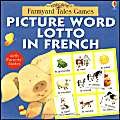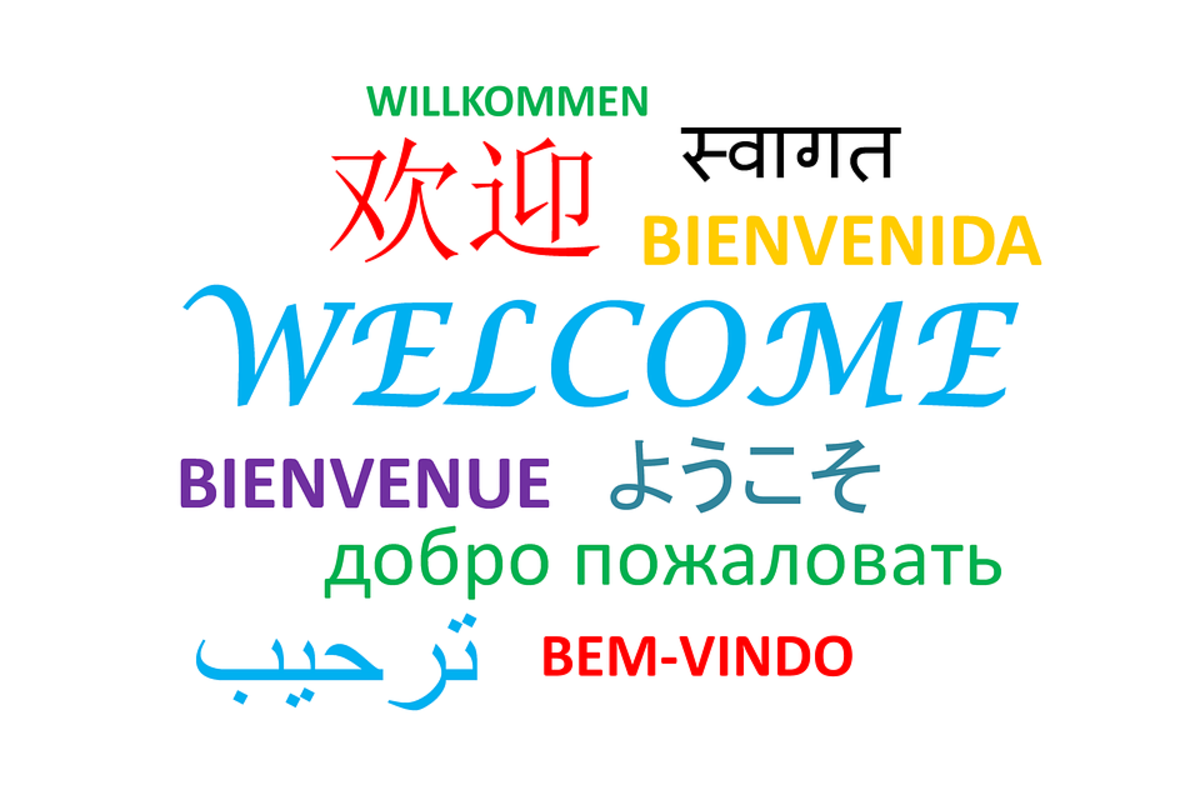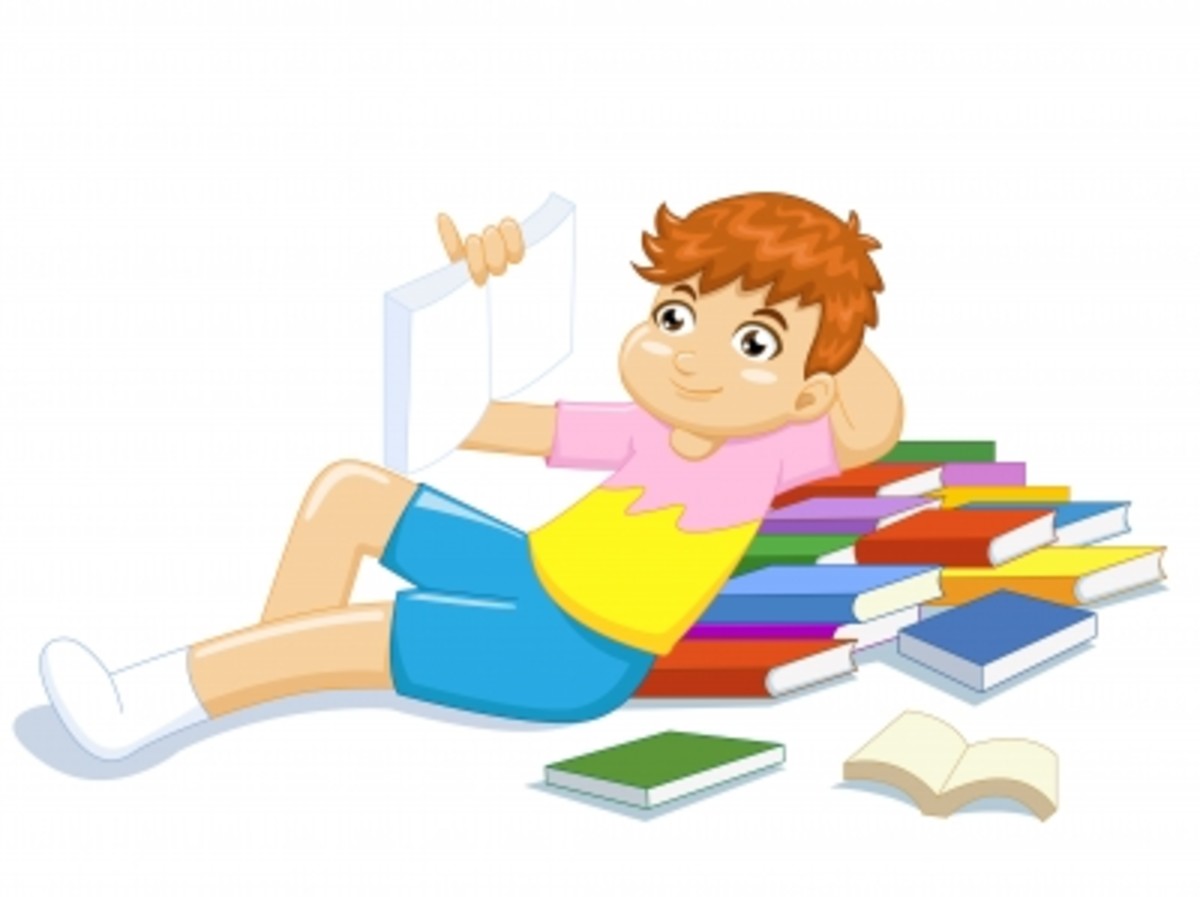How to learn a language
Learn the days of the week in French
for more ideas
Travel abroad to totally learn the language, culture and cuisine

French Picture Book
How to learn French
- BBC - Schools Ages 4-11 - Languages Sites
List of languages websites for 4-11 year old students, including games and activities and resources for teaches and parents. - French Games Online - Educational and Fun
French games from Transparent Language. - BBC - Languages - French - Talk French - A video introduction to French
BBC Languages - Learn French in your own time and have fun with Talk French. Learn French with this short introductory course. Audio, video, quizzes and worksheets. - Learn french free Learn to Speak french online
learn speak french online with games and play, learn french for free, free french english dictionary and videos for grammar easy - Learn French Online: Beginner, Grammar, Vocabulary, Pronunciation, Course
Learn French online with Babbel ’s online courses. - Learn French - Bonjour, Online Free French Lessons to Learn French
Bonjour! Learn French and speak online for Free at Bonjour.com. Listen to French audio words and repeat. Perfect resource for kids, students adult and teachers. French dictionary, spell checker, translator.
I have had a very busy week getting everything ready for my ten year old son to go on his school trip to France. The weather has been typical for February with some heavy snow and fog and we have been watching the weather forecast every day, hoping that it will improve. Things finally seem to be looking up and yesterday we had several hours of winter sunshine. At least it has given us some time to practise learning simple phrases to describe the weather. I'm sure everything will be fine, we'll just pack lots of hats and gloves!
The trip looks fantastic, staying in a French chateau in Normandy that has been acquired and developed by PGL as a place for school children to study abroad with the excitement of the usual PGL activities such as climbing courses and abseiling and a disco to take part in. There is also a trip to the fantastic aquarium at Nausicaa in Boulougne Sur Mer.
We’ve been preparing for this trip for weeks now. It started with Afterschool French club where the children had great fun starting to learn French, playing games in French and learning to count. There are simple games that you can teach children to play that will help them with word recognition and acquisition. There’s not really a shortcut to learning the vocabulary of a foreign language, apart from writing it down, together with the meaning and then constant repetition is the way to make it stick in your head. Fortunately, children enjoy repetitive word games, such as the shopping list game that goes (play it in French, but here's the translation) “Marie went to the shops and she bought some bread”. The next person follows with “Marie went to the shops and she bought some bread and some butter”. And so the game continues. It’s a useful game for learning groups of related words. Other games include matching games, either dominoes or matching pair memory games where you can write and draw on cards, pictures and the word in French and write them out twice. Shuffle them and turn them face down and then pick up two at a time and if they match, leave these two upturned and take another go. Try matching games to learn numbers so that instead of it being two matching pictures the numeric symbol has to match the French word, or write the personal pronouns on a set of cards that have to be matched with the corresponding part of the veb, showing the right ending. Try doing word-searches where the children have to pick out the words in French. There are also lots of great websites where you can play online games, which are both fun and educational and allow learners to practise pronunciation and develop their listening skills.
In this technological age, there are lots of great resources that you can use to make language learning easier and more fun. As e-readers and tablet devices become more popular, these are great tools for you to take your selection of books and phrase books with you on trips abroad, rather than having to take a lot of books. Tablet devices are also useful for using language learning courses and games. We have invested in a game for the Nintendo DS called My French Coach that has been very popular. Electronic translators can also be useful, but try not to use them too often or you will miss the opportunity to learn the words and practise them for yourself. Try audiotapes on long journeys to learn the language (but be careful to concentrate on the road if you’re the driver).
If you enjoy watching films, try watching a film in the foreign language that you are trying to learn and have English subtitles (or vice versa). It will get you used to the speed of the delivery of the second language and you will quickly start to recognise commonly used expressions, phrases and colloquialisms.
The children have been making a real effort to learn the names of their favourite cakes and treats because part of the trip involves going to the local market with some pocket money (in Euros, so they have to figure out the exchange rate too) and they need to buy their own lunch. If you haven’t bothered to learn the vocabulary, you won’t get to eat the tasty stuff!
The best way to learn a language is to be in the country using it with local native speakers. Totally immerse yourself in the language and try to use your own language as little as possible. It is frustrating to begin with, when you have practised so hard at home with your books, CDs and computer, perfecting your questions and pronunciation, then when you arrive abroad, although you are perfectly able to ask the question, the answer comes back at you at about a hundred miles an hour. A whirlwind of pure gibberish and gesticulation comes hurtling towards you. Then follows a lot of puzzled frowns on your part and a lot of hand-waving on their part, but eventually, you learn to pick out the words you recognise and latch onto them until you’ve mastered a basic level of comprehension, that gets better with each encounter you have. The local people will take great delight in your total failure to understand them, but it is instinctive that when two people try to communicate, they will persevere with their attempts until they reach that Eureka moment when they both understand each other.
Noam Chomsky is an American linguist, philosopher, cognitive scientist and activist. He identified this in-built language learning instinct as the Language Acquisition Device, in which he says we have an innate capacity to learn language. He proposed that children have a part of their brain that is wired to process the language information being given to them and they are able to use that information to develop their own language understanding. Chomsky’s theory was in opposition to BF Skinner’s behavioural psychology theory of language, which emphasised the use of imitation over innate biological predisposition. David Crystal, Jean Aitchinson and Piaget have all studied and contributed greatly to the understanding of children’s acquisition of foreign languages and the different stages of learning the language. There is still some discussion amongst linguists about the critical period hypothesis, which suggests that there is a cut-off point after which it becomes harder to learn a foreign language because the brain becomes less adept at instinctively processing the information that is transmitted to it.
To give an example of how children can automatically process the language data being given to them, think of how a young child who has not yet learned many regular and irregular verbs, will re-construct the grammar without any formal instruction. A child may tell you that they “drawed” a picture. It is highly unlikely that they have ever heard the word “drawed”, the mother will instinctively correct them and say “drew”. The child has understood that to make the past tense, you simply add the “ed” suffix to the root of the verb. They have processed the grammatical structure; there is no imitation as they will never have heard the word “drawed”.
What is interesting is that the way a child naturally learns a first language is quite different from the way they are formally taught a second language. This makes it harder to figure out whether the brain does become less agile at using its in-built LAD after a certain age. The mother, or carer, will correct the child instinctively on incorrect use of grammar and the child will simply accept the correction and will learn from the mistake. The carer and child spend so much time together that the child can confidently experiment with the language without any fear of embarrassment and the carer is tuned-in to correcting small errors as they go along, without any fear of patronising the child. It is this relationship that changes as we get older, so that to learn a second or foreign language, you need to try to recreate this carer/chid relationship. This becomes awkward between adults who will not naturally be babbling and chatting about everything that they do. The native speaker will be less comfortable at constantly correcting the learner as it becomes socially awkward.
The attempt to re-create this method of language learning in accordance with Chomsky’s theory, is applied in the language immersion program where the target language is used as the means of instruction. Language immersion programs in the US today are based on those introduced in Canada in the 1960s, where middle-income English-speaking Canadians persuaded educators to experiment with a French immersion program. I have tried this as an experiment where a Russian linguist spoke for an hour with three props, a teddy a ball and a cup. The lecturer simply repeated lots of simple phrases where he put the teddy in the cup, then the ball in the cup, then the teddy under the cup, then the ball under the cup, then both teddy and the ball in the cup, under the cup and so on. At the end of the experiment, we were asked to repeat some simple phrases that we had constructed simply from working out the vocabulary and the grammar from the many phrases that he had used. What was surprising was the amount of language that we had learned almost subconsciously so that we were able to form our own sentences within an hour of a language that none of us had heard before. I have done a slightly similar experiment that involved writing Urdu text, which was much harder!
There are a number of different methods of teaching foreign languages, but language study holidays are becoming increasingly more popular, particularly for young children, who are so receptive to learning the second language. The study trip allows children (and adults) to meet native speakers, to practise language immersion, to take cultural and educational tours and trips and to discover cultural differences (for example, local cuisine, daily routines, such as the afternoon siesta in hot and Mediterranean lands). As international business develops it is becoming more important to make sure that second languages are taught in schools. There is some discussion in the UK as to whether it should be an entry requirement for British Universities for all students to have a second language qualification. While this is an admirable aim to develop the language skills of the student population, it is a problem for those students wishing to study science, engineering or mathematical subjects who might excel at those subjects, but be less able to learn languages and so will be prevented from studying their chosen subjects at a higher level.













